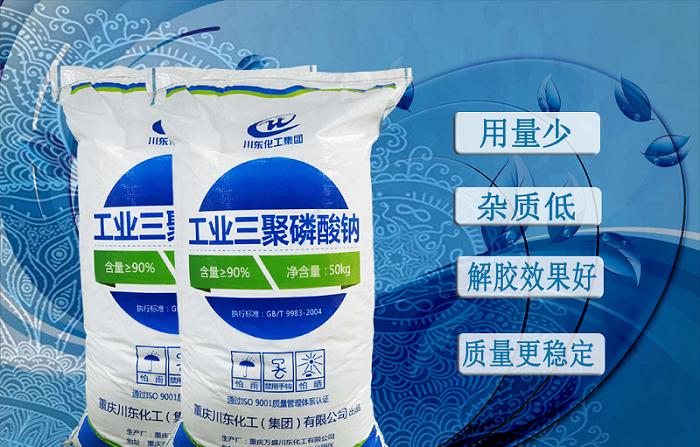With the development of society and the continuous improvement of people's living standards, people have put forward higher requirements for the performance of ceramics. Sodium tripolyphosphate is an additive commonly used in building sanitary ceramics, which can improve the performance of ceramic glazes and play an important role in ceramic production.
Sodium tripolyphosphate has long been used as an additive in ceramic glazes. So, what role does sodium tripolyphosphate play in the performance of the glaze pulp:
First, adjust the water retention of the glaze, improve the combination of blank glaze, improve the efficiency of glazing; accelerate the glazing speed and glaze drying speed.
Second, adjust the viscosity of the glaze paste, obtain the thixotropy of the required glaze paste, and improve the quality of glaze application. When applying glaze, it prevents glaze from fading, streaking or unevenness of the glaze, and also benefits from the glazing of the silk mesh to avoid the blurring of the pattern after glazing, especially when forming a high-quality marbling pattern.
Third, adjust the density of glaze paste, prevent glaze paste precipitation, promote glaze exhaust and defoaming, change the rheological properties of glaze to improve the quality of glaze layer; not only strong glaze binding force, high glaze strength, but also can eliminate pores, pinholes, convex pits and other defects. Therefore, the use of sodium tripolyphosphate as an additive in the glaze has many benefits.
Chuandong Chemical specializes in the production of ceramic grade sodium tripolyphosphate. Its ceramic sodium tripolyphosphate has an important position in the domestic ceramic market with the advantages of quality and reputation. Moreover, in order to ensure the quality of products, nearly 20 internal control indicators have been established within the enterprise, and their indicators are far higher than national standards and industry standards.
